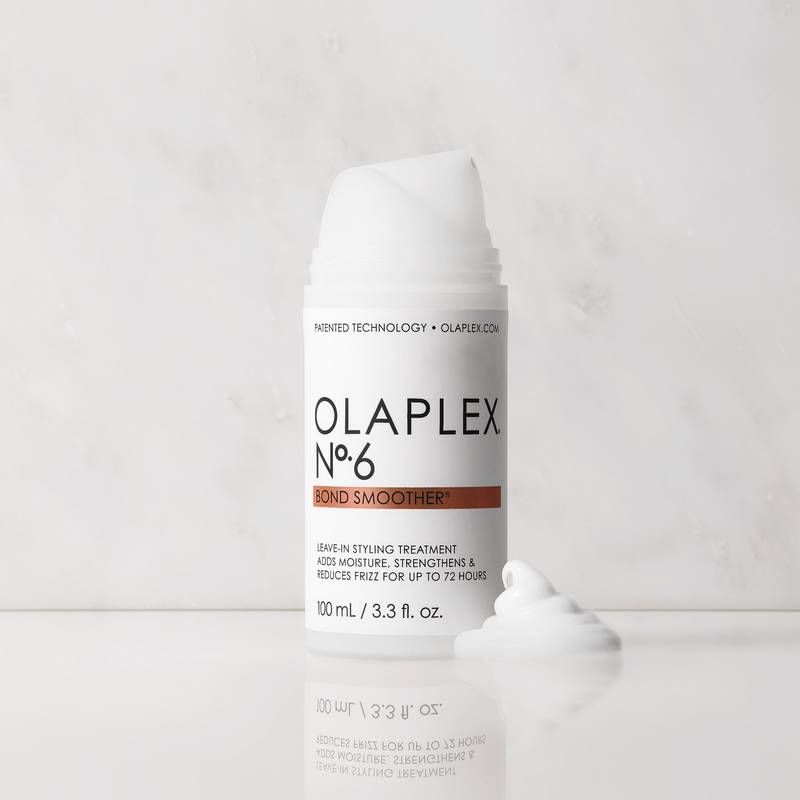
Olaplex: come utilizzarlo a casa? Ecco tutto quello che dovete sapere step-by-step – Be Natural Cosmetics

Olaplex - Italia - Olaplex N°6 Bond Smoother è una crema stilizzante senza risciacquo che elimina il crespo per 72 ore, idrata e protegge tutti i tipi di capelli 🥰 Scopri Olaplex




















